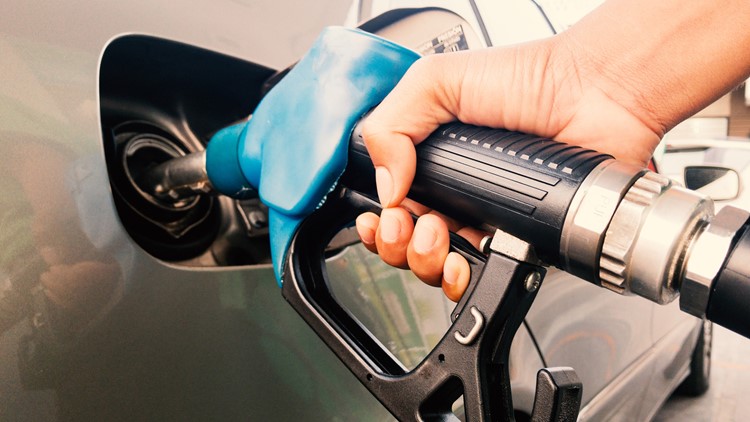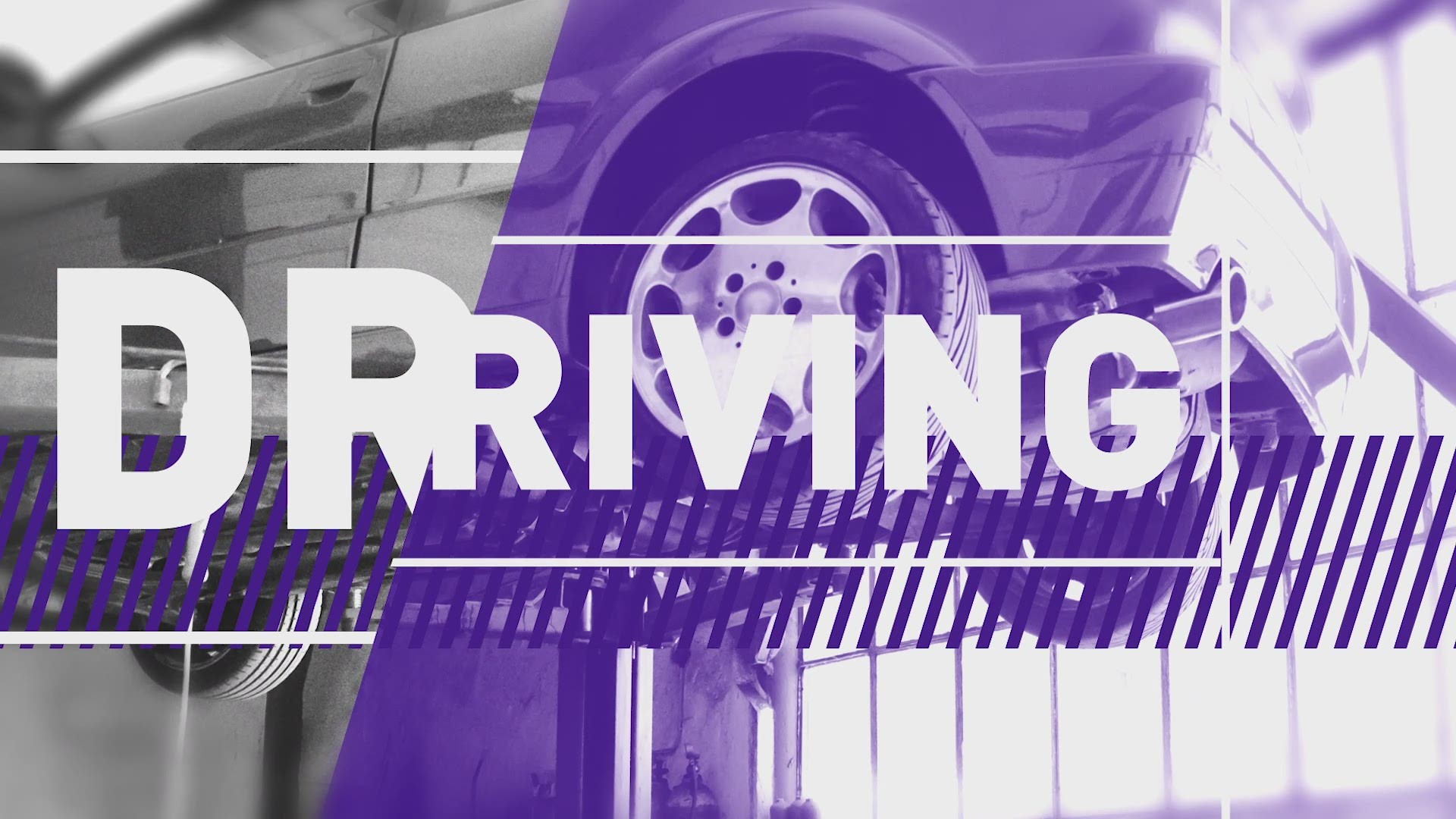Are you experiencing sputtering and other uncontrollable noises, perhaps a bit of sluggishness?
You may have bad gas … in your car.
Bad gas is a catch-all term for contaminated gasoline that won’t properly combust, causing problems like:
- Difficulty starting up
- Rough idling
- Pinging sounds
- And stalling
Water seepage, for example, can result from a corroded underground gas storage tank, and sediment not captured by the gas-pump nozzle can build up over time and clog fuel injectors. Using old gas that has broken down over time can also cause trouble.
Here are some other commonly held beliefs about your vehicle’s fuel system. Can you guess which fuel factoids are real and which are phony?
Belief: “It takes more gas to start your engine than it does to idle for a half-hour.”
It's phony!
Unless your car is really old, fuel injection has all but eliminated gas waste upon ignition. In fact, if you’re going to be idling for even just 10 seconds (assuming you’re not stopped at an intersection), you’re better off shutting your engine off.
Belief: “Filling up with premium once in a while makes your car run better.”
It's phony!
Your car is designed to run on the fuel grade prescribed by the manufacturer. Using high-octane premium in a regular-gas engine is a waste. Spend your money on something more practical, like scratch-off lottery tickets.
Belief: “If you’re running on empty, shutting off A/C saves gas.”
This one’s true! Running the A/C, along with accessories such as the stereo and phone chargers, increases strain on the alternator, which in turn increases engine demand, using more fuel. Axing A/C and accessories could spare you those precious drops that get you to the gas station.
Belief: “The ol’ sugar-in-the-gas-tank trick is a sweet way to exact revenge on someone!”
Big no.
Apart from being criminal, the urban legend that the sugar will caramelize into cement, causing irreparable harm to the engine is pure-cane fantasy. While it’s not good for the engine, and the car owner should have it cleaned out by a pro, sugar doesn’t dissolve in gasoline, and fuel filters should prevent it from reaching the engine.



